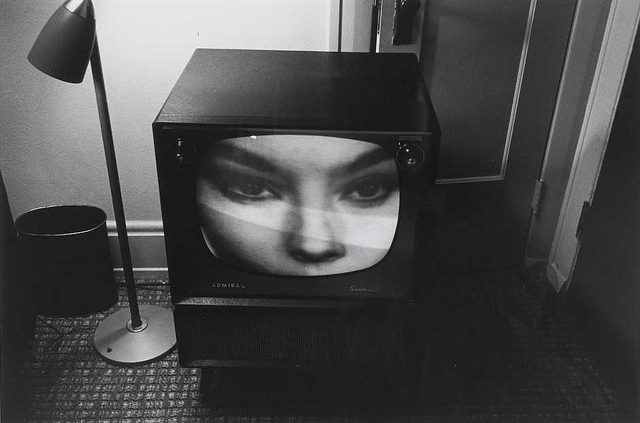Successful responses: used relevant examples, and clearly explained how they represented age/ethnicity in the extract. They also used accurate terminology for all four areas of textual analysis. Lots of relevant examples were used to support findings, and examples were clear and specific. Links to how their points challenged or met stereotypes were made consistently, throughout the essay.
EBI:
- Many of you did not make it clear how your examples helped to answer the question. You must clearly explain how the extract meets or challenges stereotypes of ethnicity/age. LINK to the question at the end of EVERY PARAGRAPH. Use the words from the question to help you to do this.
- Do not assume the examiner knows what the stereotypes are. Do not leave it as simply 'this meets the stereotypes of young people'. You need to explain which stereotypes exactly. Spell. It. Out.
- When analysing sound: many of you are being general and using phrases like "the sound in the interior scene helps to build tension." Use your knowledge of key terms - is it dietetic or non-dietetic sound? If it is non-dietetic, how does it create tension? Does the beat help? What is the pace like? Drums? Describe the quality in some way so you are providing a detailed example.
- When analysing editing: when describing the change from one scene or shot to the next, use editing terms. Do not write the scene 'shifts' or 'switches' to the next scene. Use your glossary to find the correct term.
- For the Hotel Babylon ethnicity extract, many of you omitted to analyse what the clip suggested about the characters' different positions or roles in society itself. How does this meet/challenge stereotypical representations of ethnicity in the media? Remember to see the bigger picture.
- Many of you used vocabulary that is far too informal for the context. There is no excuse for using terms like 'mardy' or 'lad' in formal essays. This cannot happen in the mock, or the real thing.
EBI accuracy:
You can lose marks for intrusive errors in spelling, punctuation and grammar.
- We seem to have a big problem with remembering how to use possessive apostrophes. Click on this link to revise how to use them accurately.
- Some of you did not use capital letters at the start of sentences or at the start of proper nouns. There is NO excuse for this.

